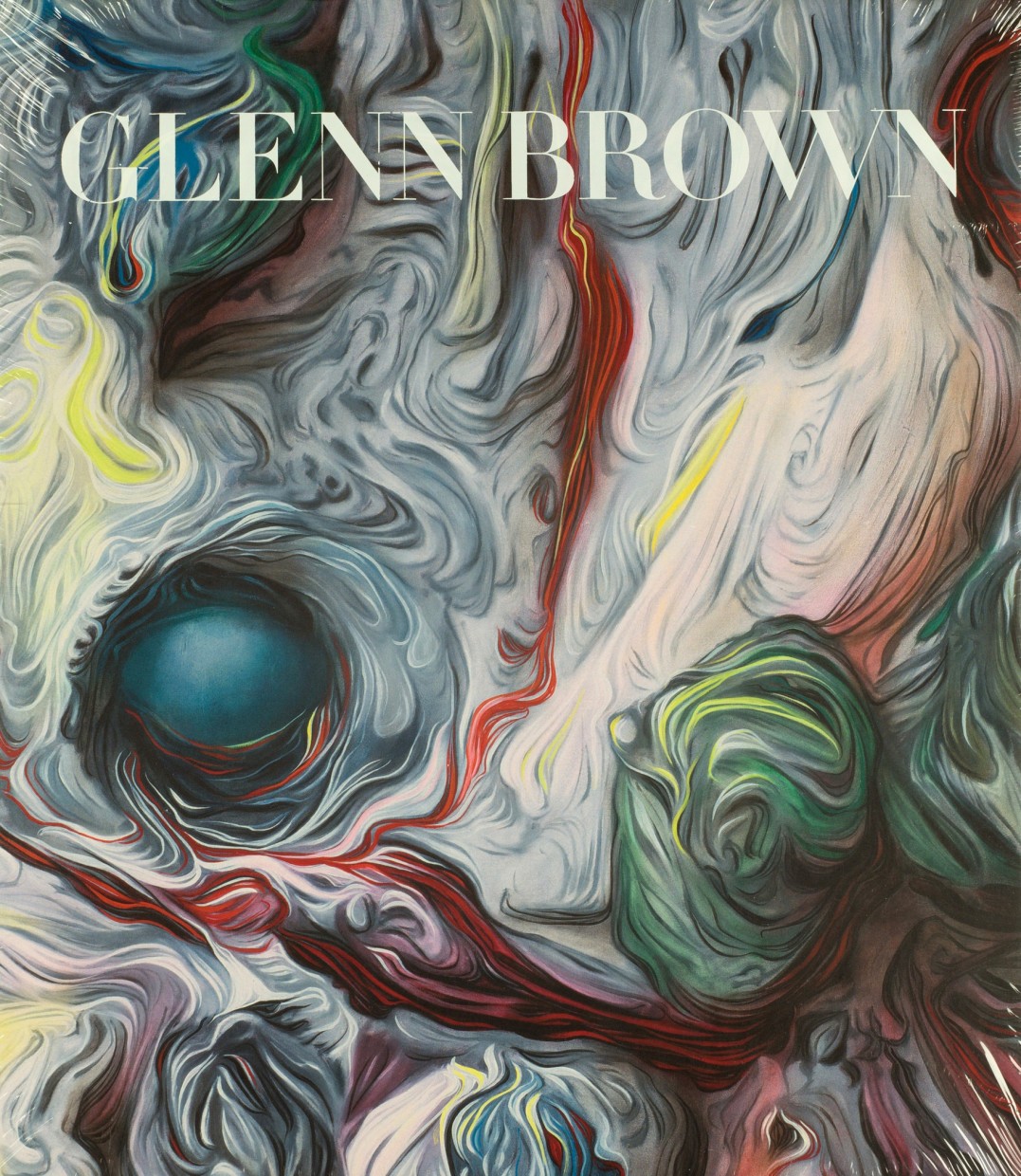Glenn Brown
Text by Michael Bracewell, 2007
Publisher: Gagosian Gallery
ISBN: 1-932598-50-2
Dimensions: 30.5 x 26.7 cm
Exhibition catalogue produced in 2007 on the occasion of the exhibition
Glenn Brown at Gagosian Gallery, 555 West 24th Street, New York, NY 10011
3 May - 9 June 2007
"The fluid technology of paint is the most accurate and detailed way of describing the creative process as a slow flux." -- Glenn Brown
Gagosian Gallery is pleased to announce an exhibition of new paintings by Glenn Brown.
In Brown's work, images come and go without ever becoming completely fixed. Although borrowing images is endemic to everything he does, it is but a first step. Brown then subjects these borrowings to a slow and intuitive process over many months, by which the subject and medium of each painting slowly morph (via re-sizing, manipulating, reversing, cropping, stretching, and distorting) and accumulate into replicant versions of their former selves. Interestingly, he describes the end of this process as "ceasing" rather than "finishing" as if to suggest that the image, like life, might remain in perpetual flux. His deft scrambling and conflating of subject and genre combined with the astonishing bravura of his brushwork continues to provide challenging comment on the condition and reach of painting at a time where human experience has become largely vicarious.
Brown's mannerist inventiveness derives not so much from a compulsion to break new ground as from a desire to examine and pervert the existing thicknesses of history, to recollect an open-ended mesh of references to painting and cultural history, past and present. In doing so, he creates a carnivalesque world where the rational and the irrational, the abstract and the visceral, the beautiful and the grotesque, the empty and the full are brought together in a vigorous state of play. Nothing in Brown's paintings is as it initially appears to be. His evocation of memorable images— from Rococo to Mannerist, Expressionist, Surrealist, and sci-fi masterpieces—disturbs because his sophisticated distortions prevent the sources from ever being truly fixed and identified. His heterogeneous titles – Senile Youth, Polichinelle, Deep Throat, The Alabama Song and so on--echo from popular culture, past and present, adding an element of free association to his perverse and slippery formula.
Beneath the sheer, flat surfaces of Brown's paintings lurk roiling depths and textures, intricately described yet deprived of mass. In his lurid subjects, history swirls against vapors or in the silent vacuum of outer space. His courtly women and bloated, ectoplasmic figures float and melt in the process of efflorescent growth or decay – morbid reflections on the grand visions and gestures of image-making, the tenuous structures of life, death, myth and cliché, and the textures of the physical world that support them. In Brown's occasional sculptures – a "still life" comprising a small table encrusted like a well-used palette, the other a "portrait" comprised entirely of thick strokes of paint--his fascination with the physical properties of his chosen medium is given ultimate expression as
both the subject and object of the work.
Glenn Brown was born in Northumberland, England in 1966. He studied at Norwich School of Art, the Bath College of Higher Education, then Goldsmith's College, London. He was nominated for the Turner Prize in 2000. His work has been the subject of numerous solo and group exhibitions including the Serpentine Gallery, London (2004), Ecstasy: In & About Altered States, Museum of Contemporary Arts, Los Angeles (2005), Delays and Revolutions, Biennale di Venezia (2003), and Domaine de Kerguehennec Centre d'art contemporain, France (2000).
